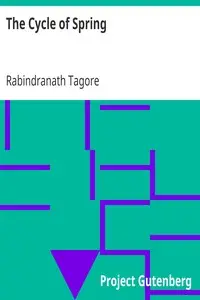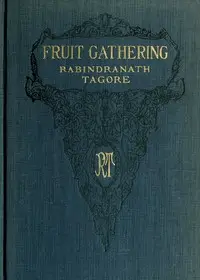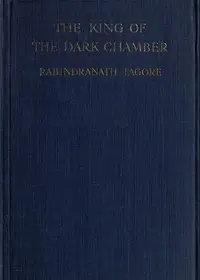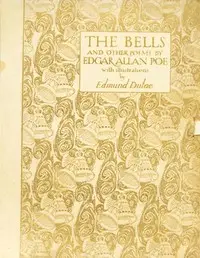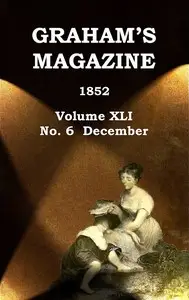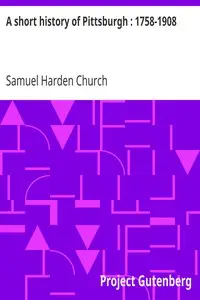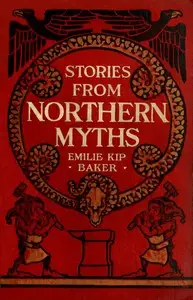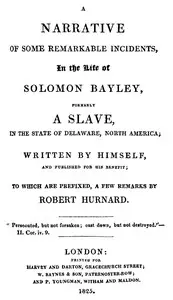"The Home and the World" by Rabindranath Tagore is a novel written in the early 20th century. The story is set against a backdrop of colonial India and explores the tension between tradition and modernity through the lives of its central characters, primarily focusing on Bimala, a young wife, her husband Nikhil, and the fervent nationalist Sandip Babu. The book delves into themes of love, devotion, and the competing loyalties between personal relationships and nationalistic fervor. At the start of the novel, Bimala reflects on her past and her relationship with her husband, Nikhil. Her journey begins with her struggle to reconcile her traditional upbringing with her newfound education and the influence of modernity. She recalls the warmth of her mother and the expectations placed upon her as a wife in a traditional household. As valuable and fulfilling as her married life with Nikhil is, Bimala feels a growing restlessness stirred by the nationalistic movements in Bengal, particularly through her interactions with Sandip Babu, who embodies the excitement and passion for political change. This opening sets the stage for Bimala's inner conflicts, foreshadowing her eventual entanglement in a web of romantic and ideological complexities that will challenge her understanding of love, loyalty, and self-identity. (This is an automatically generated summary.)
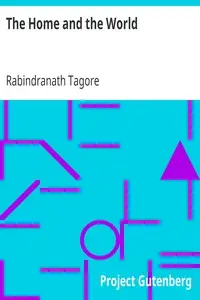
The Home and the World
By Rabindranath Tagore
Wikipedia page on this work: https://en.wikipedia.org/wiki/The_Home_and_the_World
Rabindranath Tagore was a Bengali poet, writer, playwright, composer, philosopher, social reformer, and painter of the Bengal Renaissance. He reshaped Bengali literature and music as well as Indian art with Contextual Modernism in the late 19th and early 20th centuries. Author of the "profoundly sensitive, fresh and beautiful" poetry of Gitanjali, in 1913 Tagore became the first non-European and the first lyricist to win the Nobel Prize in Literature. Tagore's poetic songs were viewed as spiritual and mercurial; where his elegant prose and magical poetry were widely popular in the Indian subcontinent. He was a fellow of the Royal Asiatic Society. Referred to as "the Bard of Bengal", Tagore was known by the sobriquets Gurudeb, Kobiguru, and Biswokobi.


